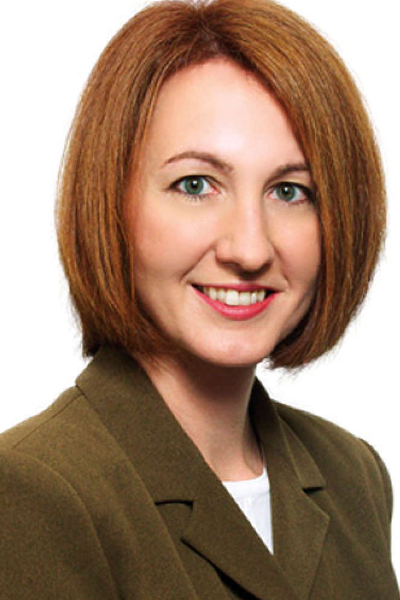
Sabine Wilhelm Recorded Webinar: Cognitive Behavioral Treatment of Body Dysmorphic Disorder
-
Register
- Non-member - $35
- Member - $25
- Student - $15

Original Air Date: April 26, 2018
Abstract:
- Body dysmorphic disorder (BDD) is a severe body image disorder characterized by a preoccupation with an imagined or slight defect in appearance. The most common appearance preoccupations involve face or head (e.g., skin, hair), but any body part can be the focus of concern. BDD is a relatively common and often disabling illness with high suicide rates. The purpose of this webinar is to provide information on empirically-validated cognitive-behavioral interventions designed to help individuals with BDD. The presenter will first describe how to correctly recognize, diagnose, and conceptualize individuals with BDD. Participants will then learn a range of therapeutic techniques including: cognitive strategies for delusional and non-delusional BDD, metaphors and mindfulness exercises, strategies to address low self-esteem and over-importance of appearance, novel strategies to reduce common BDD behaviors (e.g., body checking, comparing themselves with others, avoidance behaviors), attentional retraining, and strategies for involving patients’ families. In addition, motivational strategies for helping patients overcome resistance to treatment will be presented.
Learning Objectives:
At the conclusion of this webinar, participants will be able to:
- How to recognize, diagnose, assess and conceptualize BDD
- How to engage a patient in CBT for BDD
- How to design various cognitive and behavioral treatment strategies, which will allow the patient to develop new ways of thinking as well as new ways of behaving
About the Presenter:
Sabine Wilhelm, Ph.D., Professor at Harvard Medical School, Chief of Psychology and Director of the OCD and Related Disorders Program at Massachusetts General Hospital. She is an internationally recognized leader in the treatment of BDD, OCD, and related disorders with over 215 publications and 7 books in these areas. Dr. Wilhelm is currently President for the Association for Behavioral and Cognitive Therapies (ABCT). She currently serves on eight editorial boards and has been the principal investigator of many NIMH and foundation funded research grants.
Recommended Readings/Resources:
Veale D, Neziroglu F. Body Dysmorphic Disorder: A Treatment Manual. Chichester, Wiley (2010).
Wilhelm S, Phillips KA, Steketee G. A cognitive behavioral treatment manual for body dysmorphic disorder. New York, Guilford Press (2013).
Wilhelm S, Phillips KA, Didie E, Buhlmann U, Greenberg JL, Fama JM, Keshaviah A, Steketee G. Modular Cognitive Behavioral Therapy for Body Dysmorphic Disorder: A randomized controlled trial. Behav Ther 2014; 45(3):314-27. PMCID: PMC4283214.
Veale D, Anson M, Miles S, Pieta M, Costa A, Ellison N. Efficacy of cognitive behaviour therapy versus anxiety management for body dysmorphic disorder: A randomised controlled trial. Psychother Psychosom. 2014;83(6):341-53. doi:10.1159/000360740. Epub 2014 Oct 16. PubMed PMID: 25323062.
Mataix-Cols D, Fernández de la Cruz L, Isomura K, Anson M, Turner C, Monzani B, Cadman J, Bowyer L, Heyman I, Veale D, Krebs G. A Pilot Randomized Controlled Trial of Cognitive-Behavioral Therapy for Adolescents With Body Dysmorphic Disorder. J Am Acad Child Adolesc Psychiatry. 2015 Nov;54(11):895-904. doi: 10.1016/j.jaac.2015.08.011. Epub 2015 Sep 3. PubMed PMID: 26506580.
All attendees will receive a certificate of completion when the course requirements are satisfied. Certificates of completion is included in the cost of the webinar
ABCT is approved by the American Psychological Association to sponsor continuing education for psychologists. ABCT maintains responsibility for this program and its content
The Association for Behavioral and Cognitive Therapies has been approved by NBCC as an Approved Continuing Education Provider, ACEP No. 5797. Programs that do not qualify for NBCC credit are clearly identified. The Association for Behavioral and Cognitive Therapies is solely responsible for all aspects of the programs
The Association for Behavioral and Cognitive Therapies is recognized by the California Board of Behavioral Sciences for Marriage and Family Therapist (MFT) to offer continuing education as Provider #4600

